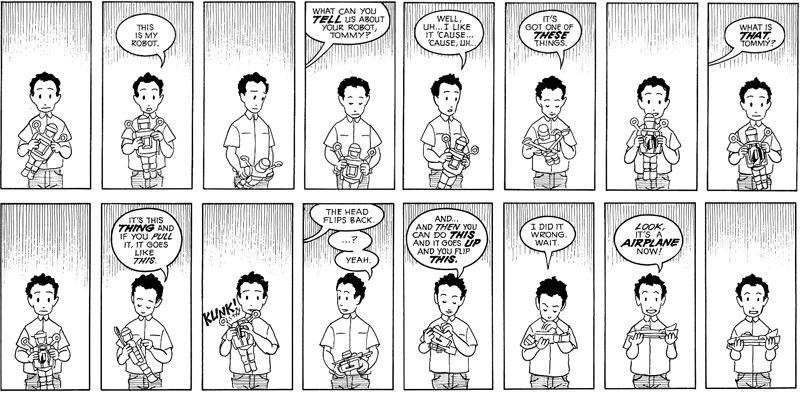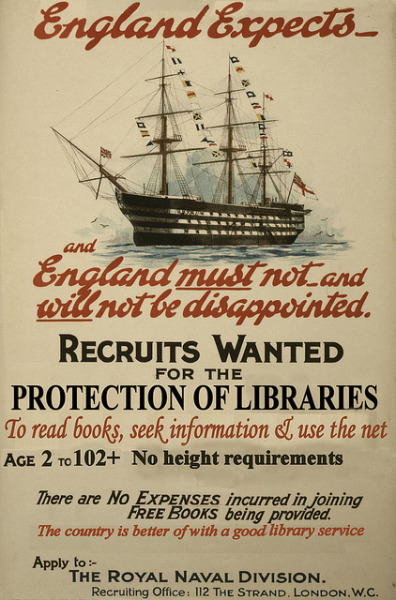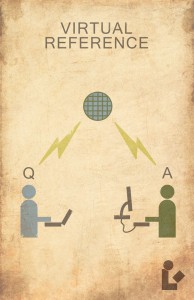Margret Atwood on the phenomenon of eBooks (via the Globe and Mail):
Every time there is a new medium, people get hypnotized by it: the printing press, radio, television, the Internet. It’s certainly a change in the world, which then somehow adapts. A whole section of society was very upset when zippers came in because they made it easier to seduce people in automobiles. You know, I think we’ve kind of adjusted to zippers by now. Just because you have a zipper doesn’t mean somebody has to unzip it … But you’re talking about e-books and e-readers and text in electronic form and the reading experience…
Well, it’s the Mad Hatter’s Tea Party. Everybody moves round a place. So the Book of the Month Club disappears and something else takes its share of the market. And then big publishers get in trouble and cut back, and that creates space for other publishers to acquire books they otherwise wouldn’t have been able to get.[read the whole interview]
It’s a bit of an odd interview. Atwood tries to take on the eBook issue from a writer’s perspective. The interviewer seems bent on getting her to declare eBooks and their kin to be a danger to society. Atwood doesn’t take the bait. Instead, she affirms eBooks as part of an ongoing evolution in communication technology.
I like how she ends the interview, responding to the question “Will the world be worse off if e-books fail?”:
Well, first let us picture what kind of event might lead to that: 1. Solar flares, which melt all the e-communication services. 2. Widespread plague, which is going to kill anyone running the companies that make them. So that being the case, I would say yes! That the world will be considerably worse off if, the next morning, you wake up and nobody’s reading anything on e-readers because the event that will have caused that is horrific!
There are people in the Library world who have adopted a sort of apocalyptic tone vis-a-vis eBooks. The full measure of what is lost and what is gained from technology shifts (c.f. the printing press ruined oral culture, but gave us the modern world, great books, etc. etc.) takes a while to shake down.
Atwood’s approach in this interview is a reminder that we don’t know what the full economic, cultural, and creative potential of the eBook will be. Or, how long that will take to come about.
***more on the Atwood Machine***












